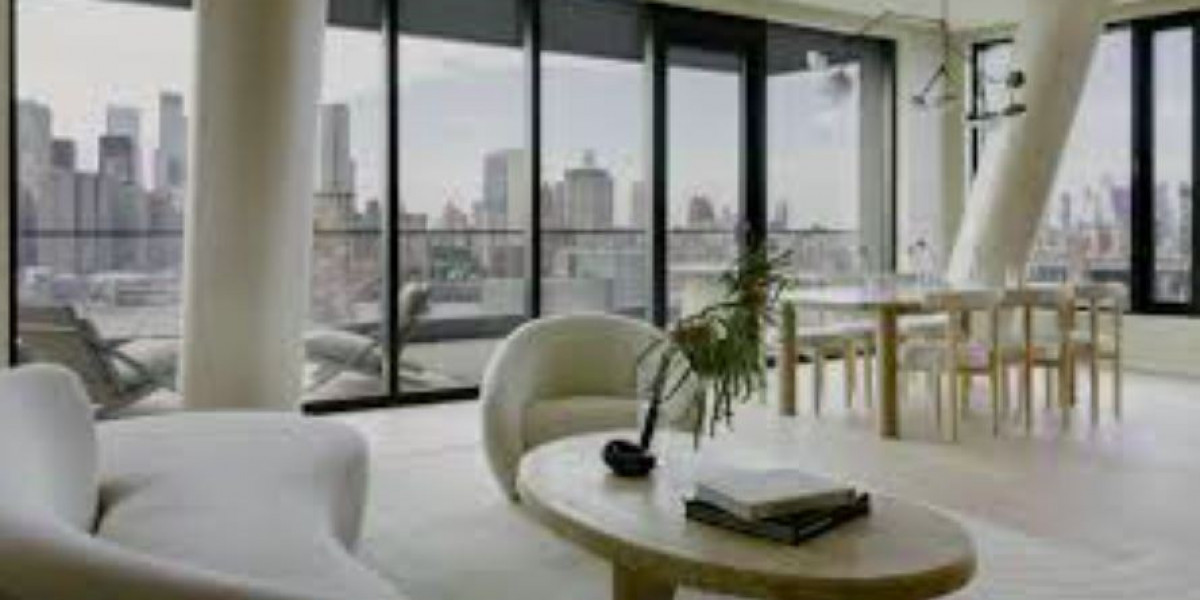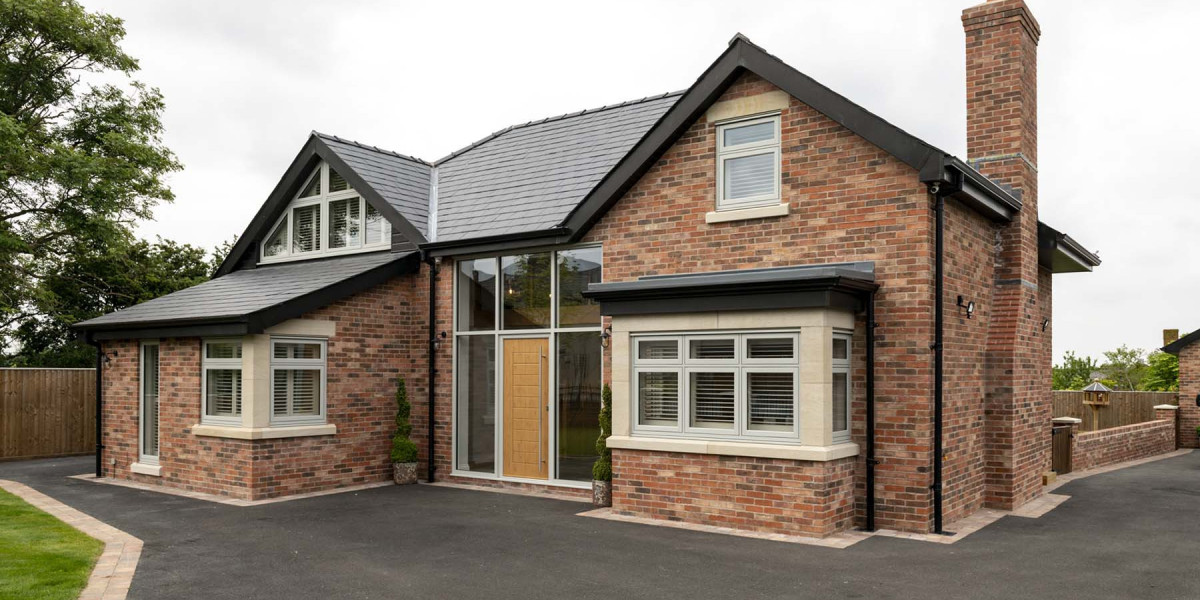Specifically, are utilities and maintenance typically covered in the rent, or are they separate expenses? Given Qatar’s expanding industrial and construction sectors, understanding these details is essential for budgeting, compliance, and workforce management.
What’s Typically Included in Labor Camp Rentals?
In Qatar, labor camps are designed to accommodate large numbers of workers in sectors such as construction, logistics, and infrastructure. The facilities are often located on the outskirts of urban centers to keep costs down and comply with zoning regulations.
A standard labor camp rental package usually includes:
Basic furnishings (bunk beds, lockers, etc.)
Shared bathrooms and kitchens
Security and access control
Cleaning services for common areas
However, when it comes to utilities and maintenance, the details vary depending on the type of agreement, location, and landlord policies.
Are Utilities Included?
Electricity, water, and cooling are the primary utility concerns in labor camps. In many cases, especially in larger or professionally managed camps, these utilities are included in the rental cost. This arrangement is common in all-inclusive rental agreements where the owner or property management company handles all operational expenses.
But this is not a universal standard. In smaller camps or less formal arrangements, tenants might be responsible for paying utility bills separately. Some contracts specify a cap on usage, and any consumption beyond that threshold is billed to the tenant.
Hence, it's critical to review the rental agreement carefully to identify:
Whether utilities are included
The existence of any consumption limits
Who manages billing and maintenance of utility infrastructure
Maintenance Responsibilities: What's Covered?
Maintenance is another area that varies widely across different labor camps. In most professional setups, general maintenance of the building structure, plumbing, electrical systems, and sanitation facilities is included in the rent.
This means landlords or facility managers will handle:
Plumbing leaks
Electrical faults
HVAC system upkeep
Pest control
General cleaning of shared areas
However, minor maintenance within the rooms, such as broken bed frames, damaged personal lockers, or tenant-caused damage, may fall under tenant responsibility. Again, the rental agreement is key to understanding where the landlord’s duty ends and the tenant’s begins.
Types of Rental Agreements and Their Impact
Qatar’s labor camp rental market offers various lease structures:
All-Inclusive Lease – Covers rent, utilities, and maintenance. Preferred by companies looking for predictable costs and low administrative burden.
Base Rent Plus Add-Ons – Offers lower base rent but adds separate charges for utilities and maintenance. Useful for firms aiming for cost flexibility.
Triple Net Lease (NNN) – Tenants bear all operational costs. Rare for labor camps but found in specialized agreements.
For long-term leases or large-scale occupancy, tenants may negotiate custom terms, including utility caps or shared maintenance responsibilities.
Cost Implications
Including utilities and maintenance in rent offers clarity and control over monthly expenses. It simplifies financial planning for HR and operations teams managing large workforces.
Excluding these services may offer a lower rent upfront but can result in fluctuating monthly costs. This model is riskier, especially in Qatar’s hot climate where air conditioning demands are high and utility costs can spike.
Who Manages the Property Matters
Landlord type significantly affects whether utilities and maintenance are bundled into the rent. Privately owned labor camps may offer more flexible, negotiable terms but can lack professional upkeep. In contrast, property-managed labor camps typically include utilities and maintenance as part of a standard package and adhere to stricter service standards.
The rise in property management services in Qatar has influenced labor camp standards. Companies increasingly prefer professionally managed labor camps to ensure compliance with labor regulations, hygiene standards, and worker satisfaction. For deeper insight into how property management improves asset value and tenant experience, this blog on maximizing returns through property management in Qatar offers practical context.
Legal and Regulatory Considerations
Qatar enforces labor laws requiring employers to provide safe, hygienic, and temperature-controlled accommodations for workers. This regulation indirectly pressures landlords to include utilities and maintenance in the rental price. Failing to provide essential services can expose employers to legal action or fines under labor compliance checks.
Government inspections often evaluate:
Availability of clean water
Waste disposal systems
Adequate lighting and ventilation
Maintenance logs and response protocols
As such, even if maintenance and utilities are not included in the lease, employers are still liable for ensuring that these services are in place and functioning.
Market Trends and Evolving Expectations
With Qatar gearing up for new infrastructure projects and Vision 2030 in motion, demand for labor housing is surging. Developers are now offering modular and scalable labor camps with pre-included amenities to attract corporate tenants. These modern camps often come with:
Centralized utility metering
Smart maintenance reporting systems
On-site management offices
These innovations are shaping a market where bundled services are becoming the norm, especially for long-term leasing clients.
Key Questions to Ask Before Signing
When considering Labor Camps for Rent in Qatar, ask the following:
Are utilities (electricity, water, AC) included in the rent?
What are the terms for routine and emergency maintenance?
Is there a utility usage cap or overage fee?
Who is responsible for infrastructure repairs?
Are the services managed in-house or outsourced?
What is the average monthly utility consumption per worker?
Getting clear answers to these questions will help you avoid unexpected costs and operational delays.
Final Thoughts
Utilities and maintenance are often—but not always—included in labor camp rental agreements in Qatar. While all-inclusive packages are more common in modern, managed facilities, older or private camps may offer fragmented services. Employers must assess lease terms carefully and consider total occupancy costs, not just base rent. Understanding the fine print and responsibilities in advance can protect your business from compliance risks and cost overruns.
As Qatar’s labor housing sector modernizes, companies should prioritize transparency, professionalism, and compliance when selecting a labor camp. Reliable service bundles are no longer perks—they’re becoming the standard.














